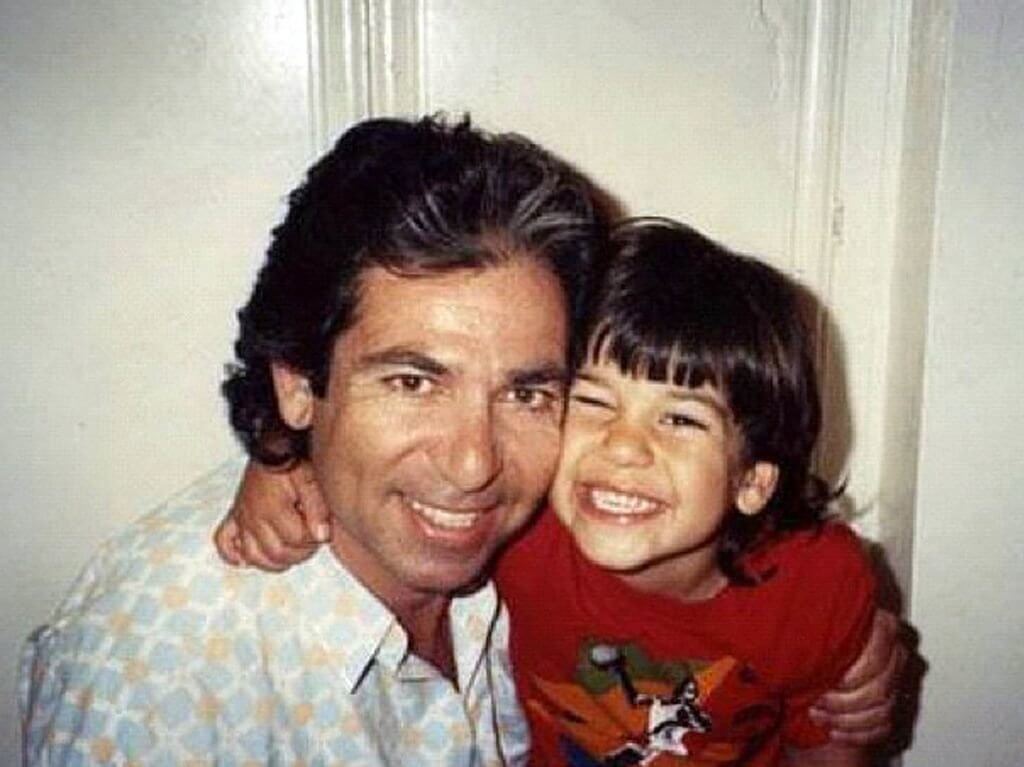The TV personality and philanthropist Kim Kardashian West helped open a health center at the University of California in Los Angeles called the Robert G. Kardashian Center for Esophageal Health, in honor of her father, who died after his battle with esophageal cancer.
“We are at the opening ceremony for the Robert G. Kardashian esophageal cancer health center at UCLA. We just did the ribbon cutting. We’re going to take a picture with all the doctors and everyone that will be helping and educating,” said Kardashian West in a video after the ceremonial opening.
✨ pic.twitter.com/Hs9RBwPKoA
Read MoreKim Kardashian West (@KimKardashian) April 17, 2019 Robert Kardashian was one of the top lawyers in Los Angeles in the 1980s and 1990s and was a key part of OJ Simpson’s legal “dream team” that won his acquittal on murder charges in 1995. He was married to Kim, Khloe, Kourtney and Rob Kardashian’s mother, Kris Jenner."Esophageal cancer is a very difficult diagnosis. In the United States there are about 17,000 esophageal cancers a year. Of those there's only about 1,000 that get surgery, because the majority of them are identified at such a late stage," says Dr. Raja Flores, Chairman of Thoracic Surgery at Mt. Sinai School of Medicine.
Young Kim Kardashian with father Robert G. Kardashian
The two biggest causes of esophageal cancer are smoking and reflux, also known as heartburn. Heartburn is becoming an increasing problem in the United States because it is caused by obesity, according to Dr. Flores. The more that a patient weighs, the more the fat in the belly pushes on the stomach, and the more it pushes the fluid contents of the stomach up into the oesophagus. That continuous irritation of the oesophagus can cause cancer to develop.
The first line of drug treatment for Eeophageal cancer is conventional chemotherapy. Usually, this is largely to relieve pain, and doesn't have long term benefits. Only 15 percent of these patients have a second line of treatment, and fewer receive further treatment after that. The overall survival for metastatic esophageal cancer ranges from about 10 to 12 months.
There have also been some important research developments in recent months on immunotherapy treatments for esophageal cancer. Researchers at Weill Cornell Medicine reported in December that a study on an immunotherapy drug provides some hope for people with a type of esophageal cancer that is aggressive and very difficult to treat.
During the study, doctors administered an immunotherapy drug to patients through an IV every three weeks for up to two years. Out of the group enrolled, 9.9 percent responded to the immunotherapy drug. Twelve patients had a partial response. Some of the patients who responded to the drug did not have any tumor growth for over a year after treatment, which, according to the study author, is an unheard of success for those patients.
And researchers will probably use the study to petition the Food and Drug Administration to approve the drug for those patients with tumors that develop in the lower part of the esophagus that connects to the stomach, and who have not responded to the first two lines of treatment. The drug could also help with other cancers like melanoma, lung and cervical cancer.
Kardashian West also posted a photo on Twitter about the opening. “So proud to announce the Robert G Kardashian centre for oesophageal health being launched at UCLA. My wish is that other families can have more information and we can also focus on health and prevention (sic),” she wrote.
So proud to announce the Robert G Kardashian center for esophageal health being launched at UCLA. My wish is that other families can have more information and we can also focus on health and prevention ✨ pic.twitter.com/lHvXONHdao
— Kim Kardashian West (@KimKardashian) April 17, 2019
Learn more about SurvivorNet's rigorous medical review process.



